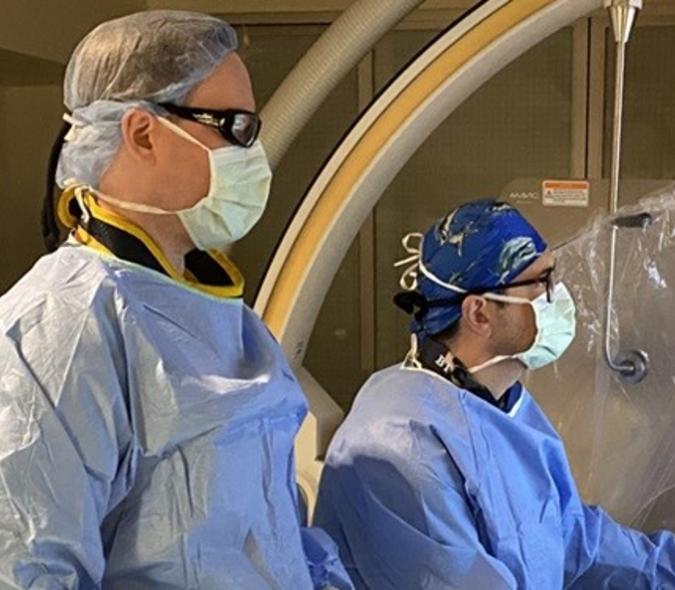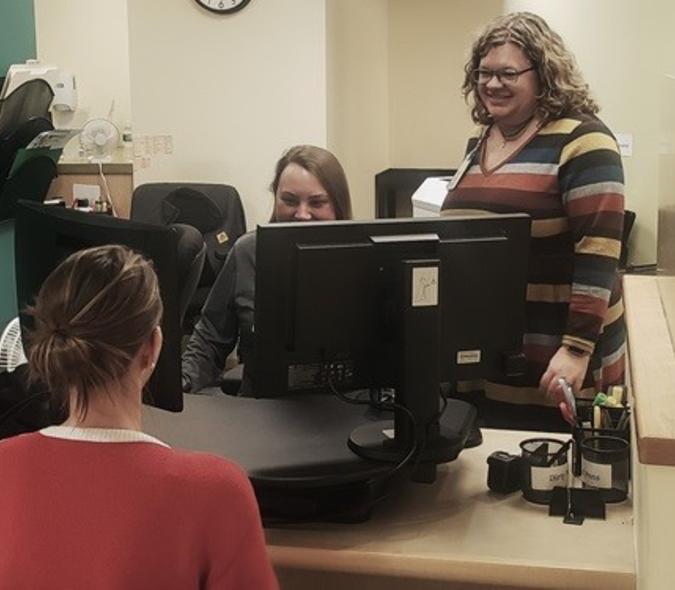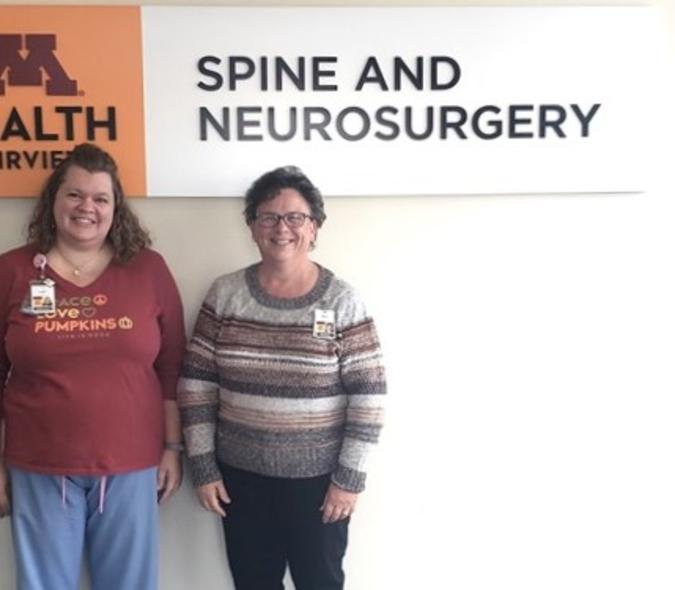Celebrating National Physician Assistant Week: Spotlight on Dianne Bonner
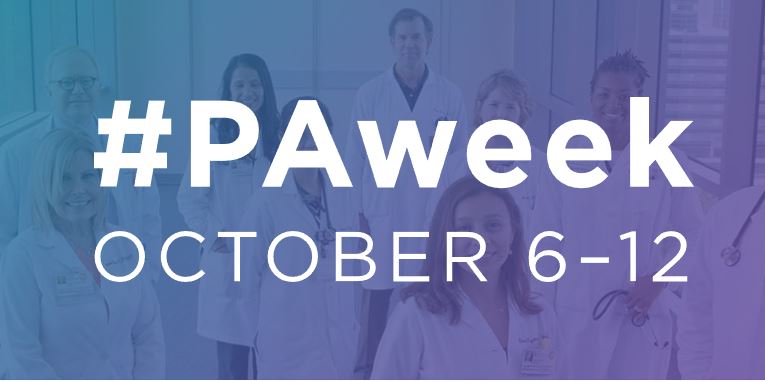
National Physician Assistant (PA) Week is celebrated annually from October 6 — 12 and recognizes the PA profession and its contributions to the nation’s health. Before it was a weeklong event, National PA Day was first celebrated on October 6, 1987, in honor of the 20th anniversary of the first graduating class of PAs from the Duke University PA program. October 6 is also the birthday of the profession’s founder, Eugene A. Stead, Jr., MD.
Physician Assistant Dianne Bonner is a member of the University of Minnesota Neurosurgery Department’s patient care team and recently shared why being a PA is important to her.
What attracted to become a Physician Assistant? Is there a specific story or person that inspired you?
Years ago, I was working for a group of spine deformity surgeons in Minneapolis led by Dr. Robert Winter. He always struck me as a teacher and mentor at heart, although he had a multitude of talents. He had a unique knack of being able to begin any teaching moment at wherever his student was. Dr. Winter encouraged everyone around him to continue lifelong learning, by both word and in the example he set in his own practice. I was an RN first assistant in his practice but went on to PA school as a direct result of his influence.
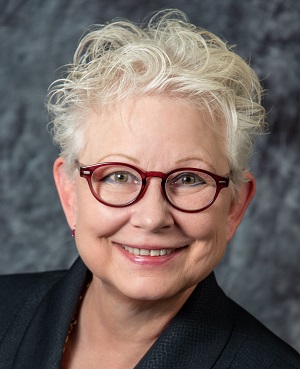
Dianne Bonner, PA
What are the joys of being a PA?
The joys? I am not sure exactly what it is I like about my work. I love the challenge, I love the difficulty, I love that it is very hard. I love working with smart, dedicated people. I love that sometimes I am exhilarated. I love that sometimes I cry. Everyone finds their joy in different places. For some PAs the absolute joy is in helping people. That’s part of it for me, too.
What are the challenges?
The challenges are many; almost none of them have to do with the actual work of being a PA. I’ll give you an example that’s unspoken but felt deeply among all PAs. PAs are a smaller profession than nurse practitioners, less politically active, and so historically many state medical boards don’t know us as well and many consider us a threat to quality of care in their states. This has led to a sense amongst PAs that we must not allow ourselves to make mistakes in our work. We must work a little harder, a little longer, a little more meticulously. A physician who would make a small, or even large, mistake may be forgiven as "only human" by other physicians. But a PA who might make this mistake is assumed by many physicians to be poorly trained, which becomes an excuse for an entire profession to be vilified. None of us speak of this much, but all of us feel it.
Where is the profession going?
I honestly don’t know. I am much closer to the end of my career than the beginning and haven’t been politically active in the profession in quite some time. The profession is growing; the numbers of PA schools have increased dramatically in the last decade. Demand seems to be up, which I guess is a good thing.
What are your own hopes and dreams for the future?
I very much like the university setting to practice. There is always something new to learn, a new technique, a new thought, a new way to analyze or treat an old problem. I love that, and don’t plan to change anything anytime soon, so I think this is what the future holds for me. I expect eventually I’ll retire, and I am pretty sure I’ll miss my work when I do.
